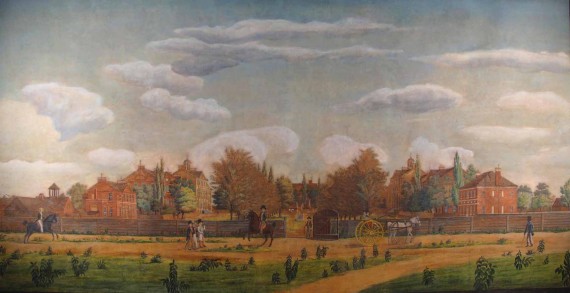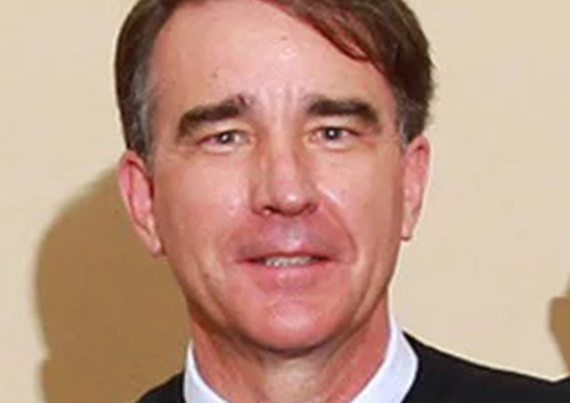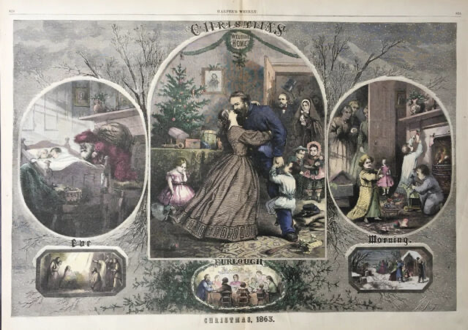
The culture war rages on. And what a war! There seems to be a new outrage almost every day. “Make it Right,” a New York organization dedicated to hunting down and removing all Confederate monuments from public space, has as its symbol an image of the statue of Lee taken down by a crane in New Orleans, and the director of that organization, Kali Holloway, recently penned a piece applauding a recent decision by two North Carolina towns to cancel their annual Christmas parades because the SCV and UDC have traditionally presented floats during the events.
The Council of American Islamic Relations has requested that Google, Amazon, and other large online tech companies ban the sale of “neo-confederate propaganda” like the widely popular The South Was Right! Why? Because they believe it fosters “white supremacy.” Even “conservative” voices support a version of Southern history at odds with the facts. Glenn Beck recently promoted a version of the Confederate Constitution that does not match the text or original understanding of the document. And this is just the tip of the iceberg.
This effort at ethnic and cultural cleansing of the South has received little
resistance by Southern elites. Instead of using these events as a teaching moment (as president Eisenhower did when he was asked to remove a portrait of Robert E. Lee from the Oval Office), they usually are morally disarmed and reduced to silence or use the event to signal their virtue in opposing “white supremacy” and asking for “healing” but not truth, oblivious to the fact that the North was not willing to put forth a morally responsible plan of emancipation and was itself white supremacist to the core.
This attack on Confederate monuments springs from the ideology of political correctness and multiculturalism that appeared in the late 1960s. This ideology is not peculiar to America. It is global and is forcing not only Southerners, but the British, French, Germans, and other historic peoples of Europe (as well as Americans generally), to ask the unsettling question “Who are we?”
In a healthy society one knows one’s identity, not by thinking about it philosophically, but by simply living it in community with others. We don’t, however, live in normal times. So, we must address with the question “Who are we?” Jimmy Carter would sometimes say in speeches (and not only to Southerners) that he was “proud to be an American, but prouder still to be a Southerner.” What did he mean by that?
The Institute exists to explore that question and to explain and defend the permanent things in the Southern tradition and its long contested relation to an America that is now coming apart. A poll conducted by Georgetown University’s Institute of Politics and Public Service found that 67 percent of Americans believe we are two thirds of the way to a civil war. We pray that isn’t true.
Whether true or not, it is imperative that we educate the public in what is true and valuable in the Southern tradition (something no longer done in higher or secondary education) and especially that we reach our young people. Our website now contains nearly 2000 articles on Southern culture, history, religion, literature, music, philosophy, film, architecture, food, politics, economics, and humor, and nearly five hundred audio files from our popular weekly podcast and lectures from past conferences and summer schools. All of this is free of charge.
But with the year coming to a close, we would ask for your financial assistance in maintaining the Institute as a viable and productive voice of the Southern tradition. We have big plans for next year, including three public conferences, new titles from the Abbeville Institute Press, and a series of videos designed to push back against the anti-Southern bias across the political spectrum. Your support is critical to making those things happen. No donation is too small. Have a Merry Christmas and a Happy New Year!






